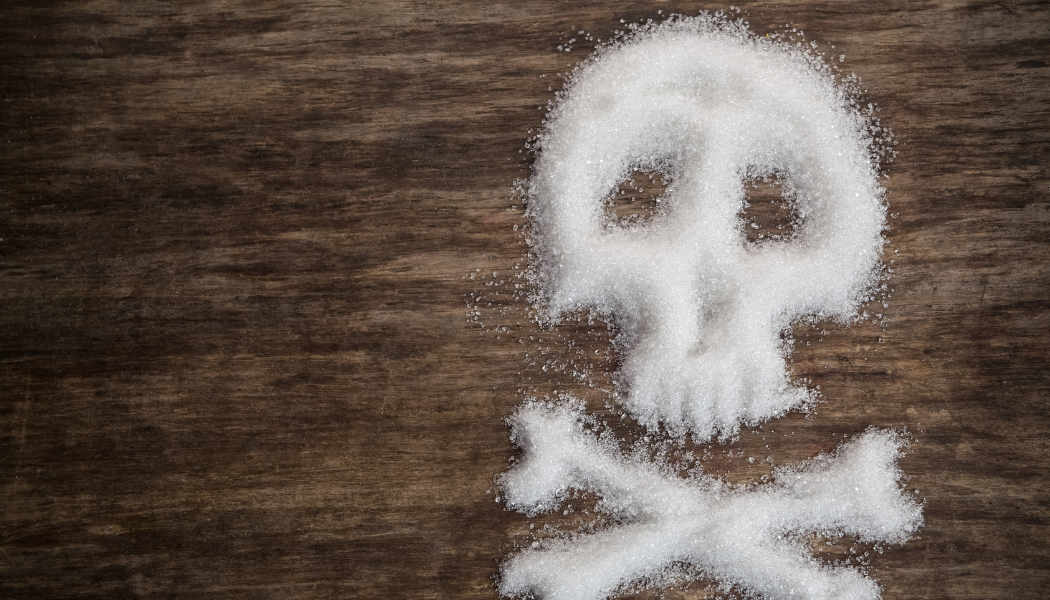Understanding the Link Between Sugar and Cancer
 Is sugar inherently bad for you? What about natural sugars, like those found in fruits? Does sugar increase one’s risk of cancer?
Is sugar inherently bad for you? What about natural sugars, like those found in fruits? Does sugar increase one’s risk of cancer?
We’ve all heard it before – too much sugar is bad for you, even when it comes from natural sources. Too much sugar can negatively impact how you feel and how you look. In effect, too much sugar in one’s diet can indirectly increase one’s risk of developing cancer.
What is good sugar vs. ‘bad’ sugar?
Sugars fuel all cells in the body and provide the energy needed for cells to survive. Sugar is vital in the body and absorbed through foods beyond just fruits or desserts. Foods with naturally occurring sugar usually accompany other essential nutrients like fiber or vitamins – making them a necessary part of a complete diet. Foods without naturally occurring sugar, like some salad dressings, cakes, and flavored yogurt, have refined sugars added to them.
Refined sugar comes from sugar cane or sugar beets processed to extract the sugar. These foods generally add calories and sugar with little nutritional value. The main difference between naturally occurring sugars and refined sugars is that refined sugars digest quicker. As a result, you’ll feel fuller and less hungry for longer when eating foods with naturally occurring sugars.
The body also responds to sugar – whether naturally occurring or refined – based on how much sugar is in the bloodstream. If the body has already consumed enough sugar to fuel the cells in the body, excess sugar will be stored either as fat or in similar forms.
What is the connection to cancer?
Sugar does not directly influence cancer, but it can impact other risk factors for cancer. Many foods with refined sugar are higher in calories and offer minimal nutritional benefits. Similarly, an excess of either natural or refined sugars can lead to excess body fat. Both situations may lead to obesity, one of the leading risk factors for over 12 types of cancer. After not smoking, being a healthy weight is the most important thing to prevent cancer.
Also, poor diets can lead to Type 2 diabetes, further increases one’s risk of cancer. Hyperglycemia, or high glucose levels in the blood common in Type 2 diabetes, may induce DNA damage and inhibit DNA repair—this impact on the DNA that increases a diabetic’s cancer risk.
How can I change my diet to reduce refined sugars?
There are many small changes families can take to reduce their intake of refined sugars without changing their lifestyle. Reducing consumption of sugar-sweetened beverages is an easy way to cut a lot of sugar and empty calories. Unfortunately, sugar-sweetened beverage consumption is high in many parts of the world. It indicates poor dietary quality, as they contain a large amount of sugar, which contributes to the overall energy density of diets. The calories provided by these beverages have little nutritional value and do not provide the same feeling of fullness that solid food can. As a result, total energy intake may increase, which can lead to unhealthy weight gain.
Unsurprisingly, sugar-sweetened beverages are a leading contributor to childhood obesity. Overweight and obese children are at higher risk of developing serious health problems, including various types of cancer and Type 2 diabetes.
Cocktails and other alcoholic beverages are also typically filled with refined sugars. Alcohol, in general, increases the risk of developing head and neck cancer, esophageal cancer, liver cancer, breast cancer, and colorectal cancer. Adding the harmful effects of refined sugar can heighten that risk even further.
Refined sugars can also be a substitute for sweeteners that have naturally occurring sugars. Try using fresh or frozen fruits to sweeten drinks and meals. Dates add a natural caramel flavor to dishes, and frozen fruit blends well into a cold, healthy treat on a hot autumn day. Sugar substitutes, like Stevia, are often low in calories and an excellent replacement for refined sugar.
To learn more about the impact of your diet on cancer risk, visit our Cancer-Fighting Food page.
Additional Reads You May Enjoy:
Alcohol and Cancer: A Fine Line
Diabetes and Cancer: What’s the Link?
10 Ways Your Diet Can Reduce Your Cancer Risk
Stay connected with the cancer community! Receive our monthly e-newsletter and blogs featuring stories of inspiration, support resources, cancer prevention tips, and more. Sign-up here.











